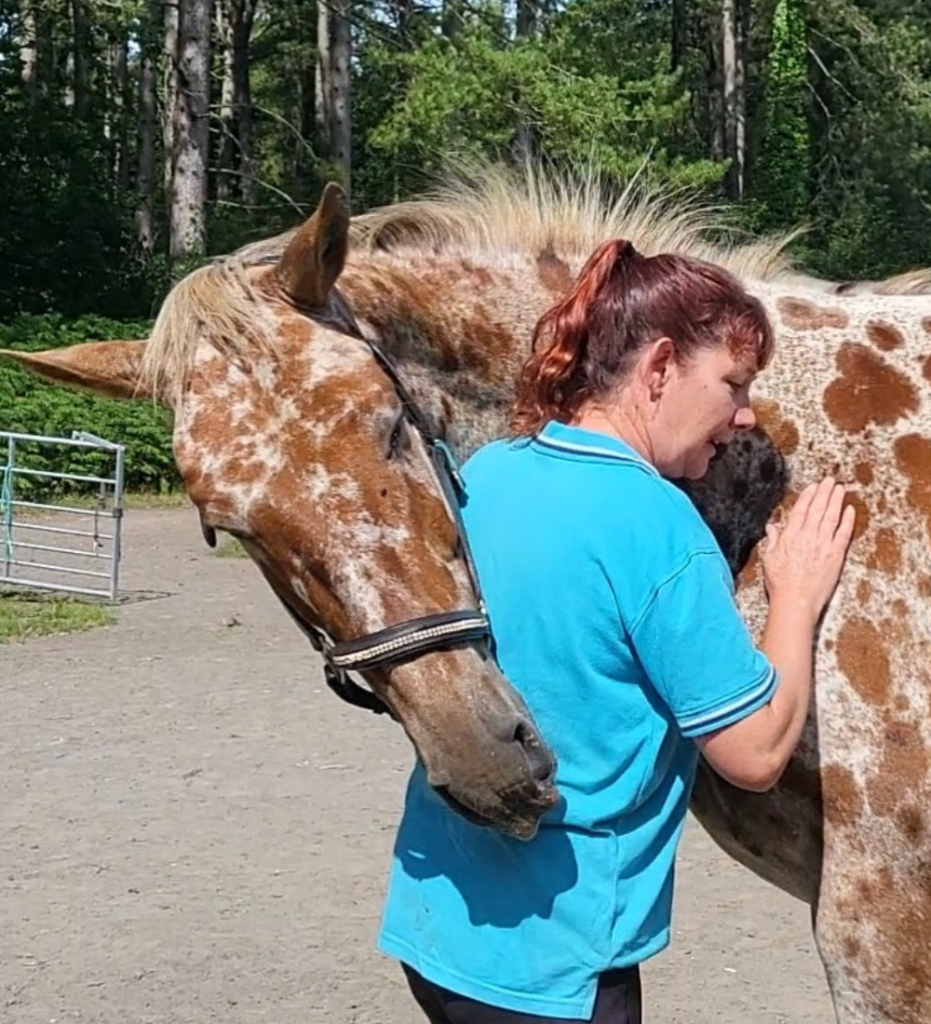Many horse owners have found success managing dietary issues with guidance from the Horse Care & Connection equine care courses online, which explain feeding strategies for metabolic conditions.
Supplements and Feed
Grain is not necessary for every horse. For horses with greater energy needs, several premium feeds provide a suitable amount of calories and concentrated protein.
Some horses may have dental issues that prevent them from chewing long-stem feed. Senior formulae can benefit seniors who aren’t getting enough fibre in their diet.
Higher concentrations of vital nutrients are present in smaller serving sizes in ration balancers and supplements. The optimum way to balance your forage can be determined with the assistance of an equine care expert.
Dental Treatment
Horses’ teeth continue to grow throughout their lives, wearing down naturally as they chew roughage. However, uneven wear can lead to painful dental issues that impact their ability to eat. Dental check-ups and floating are essential for maintaining balance and preventing discomfort. At Horse Care & Connection, our course covers key aspects of horse health, including tips on recognising dental problems and ensuring your horse’s overall well-being
Regular dental examinations keep an eye out for any irregularities in the horse’s mouth. Frequent tooth floating keeps the horse’s teeth from becoming unbalanced or developing painful sharp edges, which hinders effective eating.
Undiagnosed dental problems may lead to behavioural challenges, which the course’s problem-solving guides can help manage.
Pure Water
Make sure your horse always has access to fresh, clean water by checking their water every day. Your horse will keep hydrated if buckets are cleaned and old water is replaced with fresh.
Give Little Meals
Divide your horse’s ration into many meals each day if you feed concentrates. Smaller meals are easier for horses to digest than larger ones.
A horse’s diet doesn’t just affect their physical health—it also influences behaviour. Horses on high-starch diets may display agitation or stress, a challenge that the online course’s problem-solving guides can help you manage.
Sufficient Exercise
For healthy horses, riding and other types of exercise encourage circulation, cerebral stimulation, bone strength, cardiovascular fitness, and good muscle development. Consider giving your horse a daily hand walk or hand graze if he doesn’t have much turnout time.
Want to ensure your horse’s diet, health, and exercise routines are optimal? Join the Horse Care & Connection equine care course online for step-by-step guidance, certification, and access to a community of horse enthusiasts.

